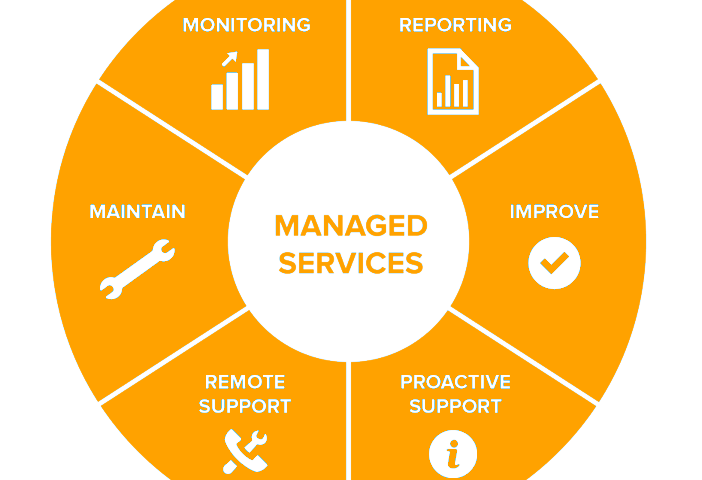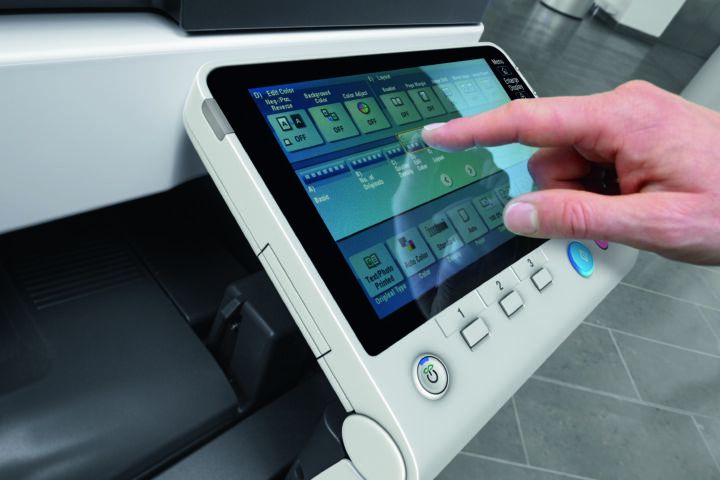The right phone system can save you money and drive productivity; the wrong one can cause a lot of frustration.
Five questions you should ask before you decide
1. How do you want to pay for your phone system?
2. Where do you want to install it?
3. Who do you want to manage it and handle end-user issues?
4. What carrier services are available at your location?
5. Do you have a reliable infrastructure and the connections to support your entire company?
What Are Your Options?
When it comes to phone systems, you have two main options: hosted voice, which is cloud-based, and an on-premise phone system, which is infrastructure-based.
Hosted Voice
In some respects, hosted voice phones work the same way traditional phones do -- with a handset, cradle, and buttons. But rather than relying on a standard phone line, these phones have an ethernet or internet connection that carries phone calls over an IP data network, and ultimately, the cloud. This configuration allows you to save money on phone services because your calls will travel over a data network or the internet, rather than requiring separate phone lines.
On-Premise Phone System
Private Branch Exchange is the traditional phone system that has existed in offices since the telephone was introduced. The simplest PBX phone systems available feature a box in your office that connects the internal devices and lines within your office to external lines and is capable of carrying out multiple functions such as call holding and forwarding.
VoIP (Voice over IP) is another on-premise phone solution that uses your network infrastructure to deliver voice service to end-users.
Both on-premise phone systems are easy to use and manage. Your investment is made upfront, so the ROI over time is favorable, and you own all the hardware. However, these systems are less flexible as your company evolves.
The most common winner is hosted voice.
Both on-premise and hosted voice phone systems are effective and reliable phone systems that offer different benefits. These systems are compatible with several types of businesses, depending on what each business is looking for in a phone system. However, for most businesses, there is a clear winner, and that is hosted voice.
Hosted voice offers a good deal more flexibility. Flexibility is listed as a single disadvantage of on-premise systems, but it is a big one. The pandemic highlighted how much our world can change in just a week or two, and how something that happens on another continent can have a rapid effect on businesses on ours. Those companies that were not able to adapt struggled, and many didn’t survive. Flexibility and adaptability are important traits for businesses, as well as the systems they rely on. Hosted voice offers far more flexibility than an on-premise PBX system can.
You will notice that many of the cons listed for hosted voice depend on the provider, your internet connection, and the contract you choose. Therefore, many of these potential disadvantages can be minimized or even eliminated entirely if you find a good, reliable provider and your internet connection is strong.
If you are thinking of upgrading your organization’s phone systems, Tri-Copy can help you decide the best phone service for your business needs.




